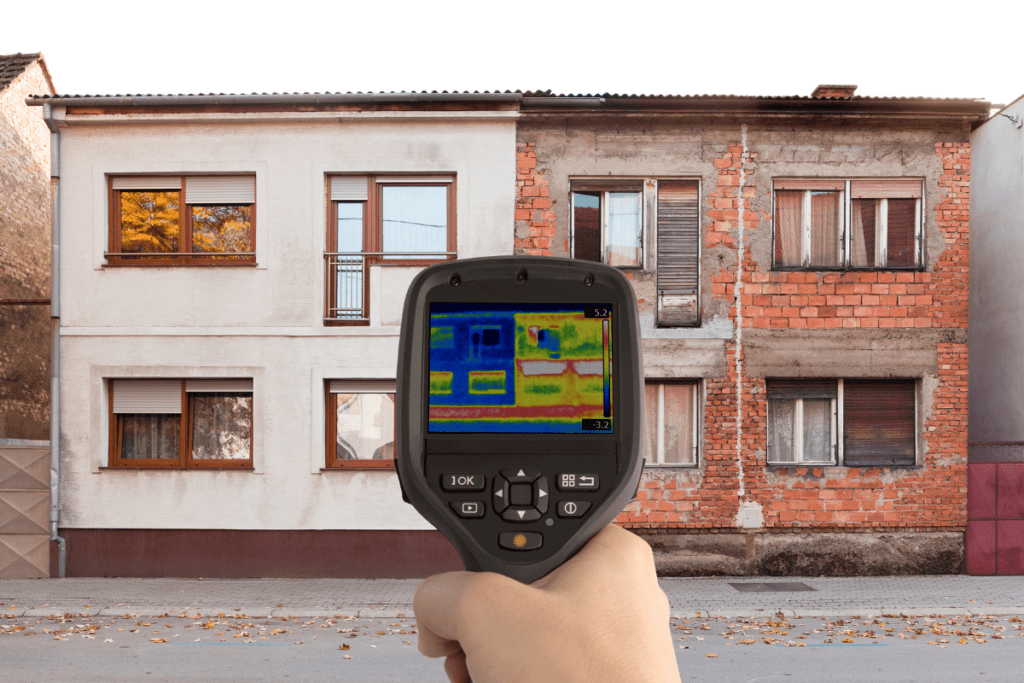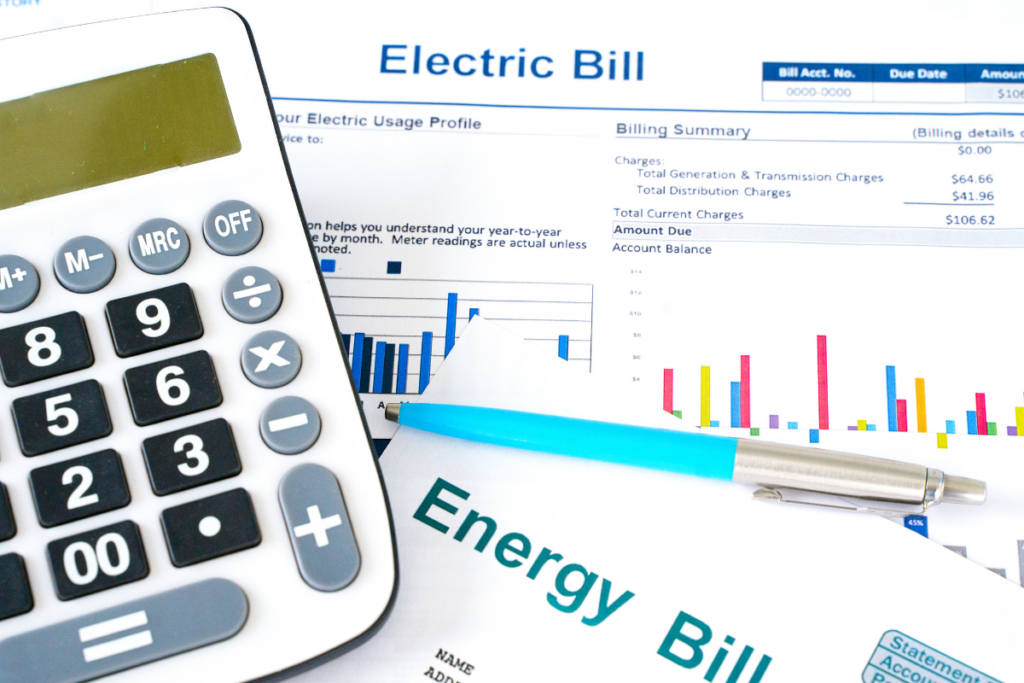Whether you’re selling, buying, or renting, an EPC (Energy Performance Certificate) can influence decisions, property values, and even compliance with regulations. But what happens if there’s an error in your EPC? The ramifications can be multifaceted, potentially causing financial implications or affecting the saleability of a property. This article delves into the intricacies of the EPC, why errors might occur, and crucially, the steps you should take if you believe your EPC is wrong. Knowing what to expect from an EPC and what you should do when faced with an inaccurate EPC can save you time, money, and unexpected complications.
How are EPCs calculated?
EPCs are carried out by qualified energy assessors who look into particular aspects of your property. These include the building dimensions, which influence heat retention; construction type and age, affecting inherent energy efficiencies; and the heating system, with elements like boilers and radiators playing key roles. Insulation in walls, floors, and lofts dictate how well a home conserves energy, while window type and glazing impact insulation and heat retention. Ventilation, which is essential for air quality, can also lead to heat loss if not managed correctly.
The energy assessor will also assess internal lighting, noting energy-saving solutions, and considers any renewable energy installations, like solar panels. After the EPC inspection has been carried out, the assessor uses software to calculate the property’s EPC rating, offering insights into its energy efficiency and potential areas for enhancement.
Your property will receive a rating between A and G, where A is the most energy efficient and G is the least. There are certain legal requirements surrounding what rating a property needs to be, particularly if rented, which you can find out more about in our article on what EPC rating is good.
Are EPCs always correct?

The short answer to this is no. Although most EPCs are generally accurate as they’re generated by accredited professionals using standardised procedures, they aren’t infallible. Human error during assessment, outdated property information, or software glitches can introduce inaccuracies (as summarised below). Moreover, as homes undergo renovations or systems upgrades, older EPCs may no longer reflect the current energy performance. It’s essential for property owners and buyers to approach EPCs as informative tools but remain vigilant and consider reassessments if discrepancies are suspected or significant property changes have occurred.
How EPC errors can occur
- Human Error: Most EPCs are determined by domestic energy assessors. While these professionals are trained, there’s always room for human error. Incorrect measurements, misinterpretation of data, or even clerical mistakes can result in a skewed EPC.
- Outdated Information: The energy performance of properties can change over time due to renovations, new installations, or property deterioration. An EPC drawn up before these changes will not reflect the property’s current energy performance.
- Technical Glitches: In some cases, the software used to calculate and generate EPCs may have glitches or may not be updated, leading to potential inaccuracies.
Implications of an inaccurate EPC
The ramifications of an inaccurate EPC extend beyond a mere paperwork discrepancy. A property’s value hinges significantly on its energy efficiency rating. If this rating is inaccurately presented as being lower than the actuality, the perceived market value could diminish. This can especially sting homeowners or sellers who may face unwarranted devaluation. For renters, an incorrect EPC could paint a deceptive picture of prospective energy costs, potentially leading them to commit to properties that may drain their wallets in the long run with high energy bills.
Landlords aren’t immune to the pitfalls of a misrepresentative EPC either. Regulatory frameworks mandate certain minimum energy efficiency standards for rented properties. Failing to meet these, especially if attributed to an erroneous EPC, can invite punitive measures.
Overall, an inaccurate EPC might mean your home is less energy efficient and can have implications on both you as a property owner or inhabitant, and the environment. Misleading findings can produce unnecessary or incorrect recommendations, which might also cause property owners to undertake renovations or modifications that, in hindsight, could turn out to be superfluous or even counterproductive. This is especially true if your EPC is lower than it should be. They can also be more expensive, as detailed in the next section.
Why an inaccurate EPC can be expensive

Our clients sometimes inform us that another EPC company has offered them a more competitive price than the one we’ve quoted. However, the initial price of the EPC should not be their main concern, it should be whether the EPC will be carried out accurately.
An inaccurate EPC can lead to misleading recommendations resulting in unnecessary costs, and/or, the EPC being invalidated at a later date, due to the assessor failing an audit. Failed audits can lead to the EPC being removed from the central register, and depending on what the ‘fail’ involves, could result in the property owner being responsible for a new EPC, and/or, making improvements to the property.
In accordance with UK legislation (MEES), when a property obtains an EPC rating of F or G, the owner is unable to let out the property until certain improvements have been made.
The problem does not stop at rental property.
- Pension funds may reject an application to transfer a property based on a low EPC rating.
- A low EPC rating can also affect the value of a property.
- Further, banks may refuse to lend against a property that has an EPC rating of F or G.
In order to achieve a satisfactory EPC rating, improvements relating to the energy efficiency of the property will usually need to be made.
Such improvements might involve a new roof, wall insulation, new heating system, or lighting design. The price difference between those improvements can be significant, e.g. a new roof can cost between £2,000-£20,000, and new lighting can cost between £20-£200.
What should I do if my EPC is wrong?

Realising that your EPC might be painting an untrue picture of your property’s energy efficiency is only half the battle. The journey to rectification commences with reaching out to the original assessor. Engaging in a dialogue about your concerns might shed light on potential oversights. In numerous cases, minor errors can be addressed and corrected promptly, negating the need for a more exhaustive reassessment.
However, if this route proves challenging, or if the assessor appears reticent, seeking a fresh perspective is advisable. Commissioning a new assessment from a different, equally qualified professional can offer clarity and, hopefully, a more accurate representation of the property’s energy stature.
If during this process, any inkling of professional misconduct arises, property owners have the right to seek redress. One can lodge a formal complaint with the relevant accreditation scheme to which the assessor is affiliated.
Throughout this rectification journey, meticulous documentation is your ally. Maintaining comprehensive records, be it the initial communication threads, evidence pinpointing the discrepancies, or reports from subsequent assessments, will ensure you’re well-equipped should any disputes or challenges arise in the future.
If you’re worried about your EPC rating, contact CJ Bloor to find out more about what you should do if your EPC is wrong. CJ Bloor Property Consultants is a specialist EPC provider covering the Northwest, accredited by Quidos, regularly audited, and regulated by the Royal Institution of Chartered Surveyors. Chris Bloor, the director, has over 10 years’ experience in conducting EPC assessments.
Alternatively, read our post on how to choose a good EPC assessor to make sure you obtain accurate information about the energy efficiency of your property.




